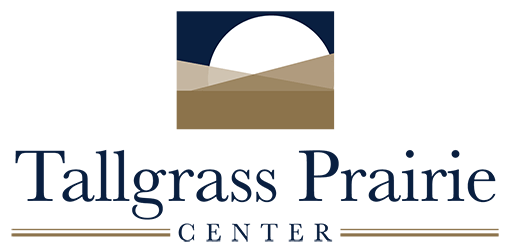Stock Seed for Native Seed Growers
Introducing Diversity
TPC Plant Materials supplies stock seed to native seed growers in Iowa and neighboring counties of surrounding states for use in production of Source-Identified ("yellow tag") seed. In more than 30 years of work, the plant materials program has released seed of 89 species (162 regional ecotypes) to growers.
Are you a native seed grower in need of stock seed? Please see the information below.

If you need to purchase seed for a restoration project or home landscape, please visit the Iowa Prairie Seed and Service Provider list. The TPC does not sell seed directly to the public.
For established growers
If you have purchased Natural Selections or Iowa Ecotype Project seed in the past, please use the available species list to view the current inventory. Contact Laura Walter at laura.walter@uni.edu or 319-273-3005 to inquire about available amounts and place an order.
For prospective growers
If you have NOT purchased Natural Selections or Iowa Ecotype Project seed in the past, please reach out to Laura Walter at laura.walter@uni.edu or 319-273-3005 to talk about getting started. Please complete the New Grower Survey linked below to let us know more about your business and experience. This information may help us to provide you with support in the use of our stock seed.
Please note that Iowa Ecotype (“Natural Selections”) stock seed is released to growers planning to pursue certification for Iowa source-identified (“yellow tag”) seed. Releases are restricted to production facilities within Iowa or border counties of neighboring states.

Pursuing Source-Identified Certification ("yellow tag")
Source ID native seed certification is a program of the Iowa Crop Improvement Association. Important information on participating in the program is found in the following places on their website:
- Field Requirement Handbook, pages 33-35, lists requirements for eligible seed stock, field inspections, and field standards for established and natural production areas.
- Approved Conditioners Handbook, page 5, lists conditioning equipment required for cleaning native seed.
- Native Species Supplement lists steps to complete "yellow tag" certification, including seed lot sampling and testing requirements and examples of seed label formatting.
Deadlines and Fees - Annual certification deadlines (for new fields as well as annual recertification of existing fields) are listed; click link to see the up-to-date fee schedule.
Contact information - To participate in the Source ID native species program, contact Graydon Marzen at ICIA.

